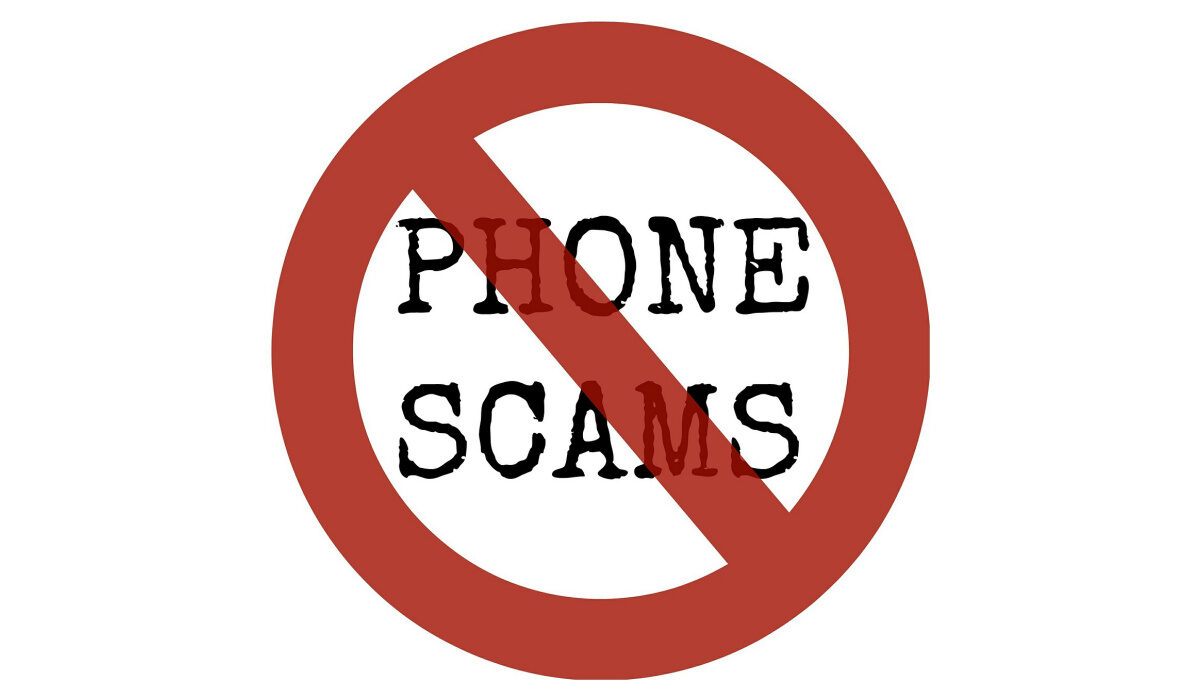“Hi Mum” or “family impersonation” scams have been around for a few years now, but they are just building serious momentum to attract the attention of regulatory and security bodies globally. The Australian Competition and Consumer Commission (ACCC) says that from January to July 2022 alone, over 1,000 Australians fell victim and lost up to $2.6 million to this sort of scam. The first message usually begins with the phrase, “Hi Mum” (which is where the scam got its name from), “Hi Pete”, or other greeting that infers familiarity with the target victim. Sometimes, the request for money is immediate; at other times, it happens after a period of buttering you up. Similar types of scams have been reported in other countries around the world, including the United States of America, the United Kingdom, Nigeria, China, Kenya, among others.
How to avoid falling victim to “Hi Mum” or “family impersonation” scams
The key action to take to avoid falling victim to these impersonation scams is to go the extra mile to verify the source of any messages you receive from an unknown number claiming to be your family or friend. The first thing to do is to call their number that you have in your phone Contact. If you are able to reach them on that number, the message is from a scammer.
Something else you can do is to initiate a telephone call, preferably a video call, to speak to the supposed family member or friend. If they won’t accept a telephone call from you, that is a sure indicator that you are dealing with a scammer. As a matter of fact, you should do this with every request for information or money that you receive, especially if they do not follow a pattern you know with the individual supposedly at the other end of the line.
For example, if you receive a message from a Contact you know, asking that you send them money through a bank account that is not in their own name, you should be wary and put a call through to confirm that the request is indeed coming from your contact. Why? Their phone could have been stolen and the thief is now using their number to scam people in their circles.
Lastly, do not share any personal details or send money to a contact whose identity you have not verified. This is important. Don’t give up to a third party, names, dates, activities, and any other personal information that only you and your close circle should know. Caution and circumspection are key to staying safe from “Hi Mum” or other “family impersonation” scammers.
In conclusion, do not be trusting of random messages from unknown sources, especially the ones that seek claim to be from someone you know and care about. Take the outlined steps to verify their identity before engaging and getting familiar with them. At the other end might be a scammer looking to relieve you of some of your money or cause other serious damage to you.
Don’t miss our reviews.Join our WhatsApp Group, to be notified of the most important articles and deals,Follow us on Instagram, Facebook, Twitter, and YouTube.
